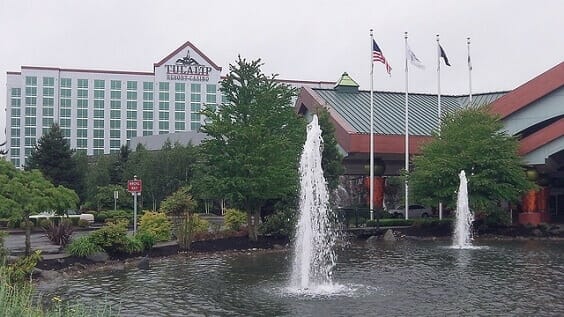Closest Casino To Vancouver Wa
The 15 closest hotels near Vancouver Casino starting with Georgian Court Hotel BW Premier Collection, 0.5km away. Out of 51 Vancouver Casino hotels, 1 have been ranked by 152800 pasts guests (as of December 5, 2019), with cheap room rates from $27/night. Sep 01, 2020 The Casino’s maximum occupancy has been reduced to 150 to further protect guests and team members. Sunday - Thursday 10:00 am - 12:00 am.
Nearest Casino Vancouver Washington



Closest Casino To Vancouver Intl Airport
Vancouver is a city on the north bank of the Columbia River in the U.S. state of Washington. Incorporated in 1857, it is the fourth largest city in the state with a 2010 census population of 161,791 as of April 1, 2010. Vancouver is the county seat of Clark County and forms part of the Portland-Vancouver metropolitan area, the 23rd-largest metropolitan area in the United States.
Vancouver shares its name with the larger city of Vancouver located 305 miles (491 km) north in the Canadian province of British Columbia. Both cities were named in honor of sea captain George Vancouver, although the Canadian city was incorporated 29 years after the incorporation of Vancouver, Washington, and more than 60 years after the name Vancouver was first used in reference to the historic Fort Vancouver trading post on the Columbia River. City officials have periodically suggested changing the US city's name to Fort Vancouver, Vancouver USA, or even Old Vancouver to reduce confusion with its northern neighbor. Many Pacific Northwest residents distinguish between the two cities by referring to the Canadian city as 'Vancouver, B.C.' and the United States one as 'Vancouver, Washington,' or 'Vancouver USA.' Local nicknames include: 'Vantucky' and 'The 'Couv(e)'.
The Vancouver, Washington, area was inhabited by a variety of Native American tribes, most recently the Chinook and Klickitat nations, with permanent settlements of timber longhouses. The Chinookan and Klickitat names for the area were reportedly Skit-so-to-ho and Ala-si-kas, respectively, meaning 'land of the mud-turtles.' First European contact was in 1775, with approximately half of the indigenous population dead from small pox before the Lewis and Clark expedition camped in the area in 1806. Within another fifty years, other actions and diseases such as measles, malaria and influenza had reduced the Chinookan population from an estimated 80,000 'to a few dozen refugees, landless, slaveless and swindled out of a treaty.'